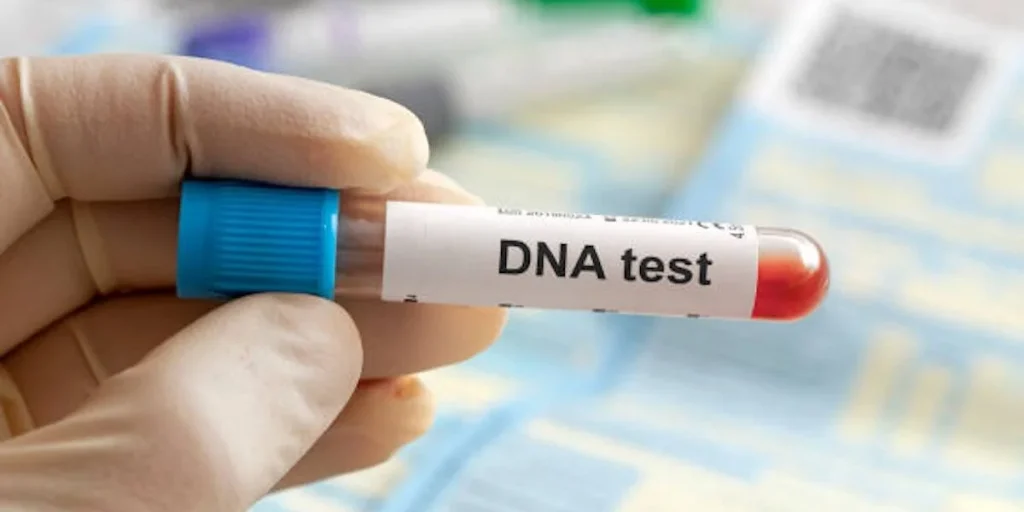In Nigeria, a new DNA report has sparked major concerns among everyone.
It shows that about 25% of tested men are not the biological fathers of the children they raise.
Smart DNA Nigeria, the leading DNA testing center in the country, released this 2025 Annual DNA Testing Report on Monday.
The data covers July 2024 to June 2025.
This report highlights a drop in positive paternity tests.
Last year, it was 27%. Now, it’s 25%, yet, the trend remains troubling. Many men discover they are not biologically linked to their kids.
Smart DNA Nigeria is based in Lagos. They note a rise in demand for DNA tests. People in cities seek these tests due to social pressures, infidelity doubts, and legal needs.
Key Findings from the DNA Report
Here are the main insights:
- Paternity Exclusion Rate: 25% of tests show the presumed father is not biological. This is down from 27% in 2024.
- Awareness Growth: More Nigerians want scientific proof of paternity. Urban areas lead this trend.
- Initiators of Tests: Men start 90% of tests. Women account for only 11.8%.
These findings show a shift. Families now value DNA evidence for peace of mind.
Paternity Trends and Discrepancies
The report points out key patterns in negative results.Firstborn children face the highest risk.
It is also noticed that sons are most affected, this is as 64% of discrepancies involve firstborn sons.
Daughters in this group also show higher misattribution rates than younger siblings.
The data suggests early relationship issues may play a role. However, the report did not dive into causes.
Surge in Immigration DNA Testing
DNA tests are not just for paternity anymore. Immigration cases now make up 13.1% of all tests at Smart DNA.
Many parents use these tests as “second passport insurance.” This helps kids gain legal status abroad if needed.
This rise reflects Nigeria’s challenges. Economic and political issues push families to plan migrations. DNA proof becomes key in these plans.
Calls for Policy Changes and Awareness
Elizabeth Digia is the Operations Manager at Smart DNA Nigeria. She urges action from leaders.
Nigeria lacks laws on paternity fraud. Unlike South Africa, men here have little legal help after shocking discoveries. They may have raised non-biological kids for years.
Digia suggests reforms:
- Add DNA testing to premarital and family health programs.
- Launch awareness campaigns nationwide.
- Correct myths, like DNA tests being only for the rich.
- Stress that looks alone do not prove biology.
According to her, clients often feel upset by results, and the firm now has procedures in place that offers support to handle the emotional impact.
“Our goal is clear,” Digia says. “We provide accurate tests. We also guide families through tough news.”
This report calls for change. It aims to normalize DNA discussions in Nigeria.
What are your thoughts on this alarming DNA paternity trend in Nigeria, should mandatory testing become part of family planning? Share in the comments!




















